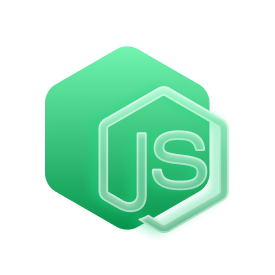فراخوانی Toolها با هوش مصنوعی با ساخت RSC
این مثال از React Server Components (یا همان RSC)، استفاده میکند. اگر که قصد دارید از client side rendering و هوکها استفاده کنید؛ میتوانید به این مستندات مراجعه کنید.
برخی از LLMها از فراخوانی Toolها بهصورت موازی (parallel) پشتیبانی میکنند. این قابلیت زمانی مفید است که چندین Tool، مستقل از یکدیگر باشند و بتوانند در همان مرحله از تولید محتوا، بهطور همزمان اجرا شوند.
کلاینت
بیایید یک Tool به نام getWeather را برای چندین شهر، بهصورت موازی، فراخوانی کنیم. در مسیر app/page.tsx، قطعه کد زیر را قرار دهید:
سرور
اکنون، بیایید تابع getWeather را تعریف کنیم. در مسیر app/actions.ts، قطعه کد زیر را قرار دهید:
متغیرهای محیطی BASE_URL و LIARA_API_KEY همان baseUrl سرویس هوش مصنوعی لیارا و کلید API لیارا هستند که باید در بخش متغیرهای محیطی برنامه خود، آنها را تنظیم کنید.
پروژه فوق را میتوانید بهصورت کامل در گیتهاب لیارا، مشاهده کنید.



